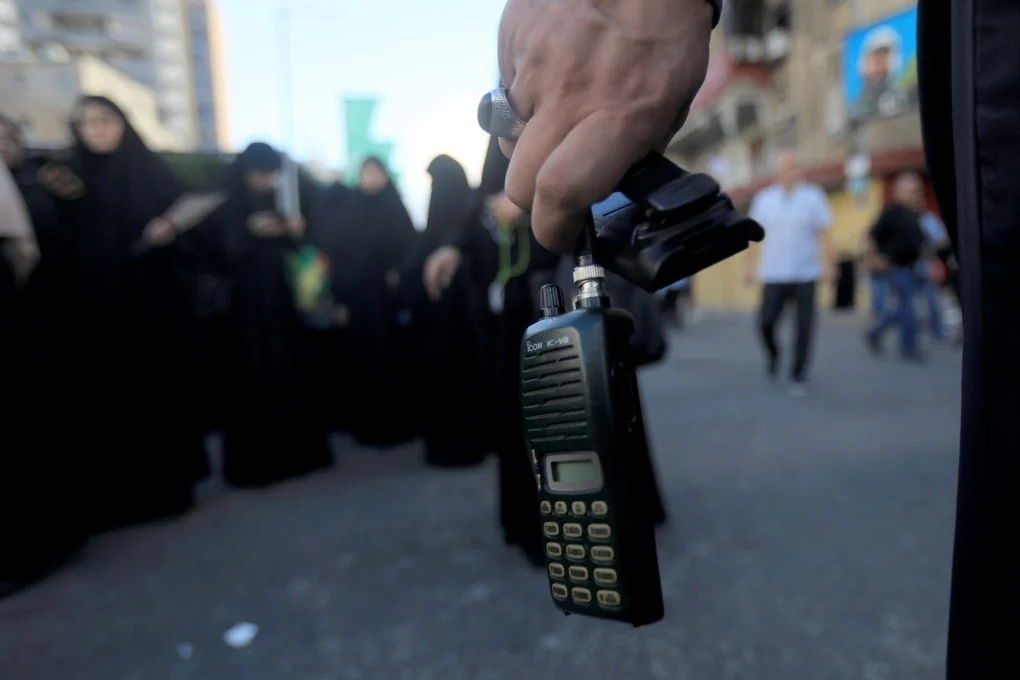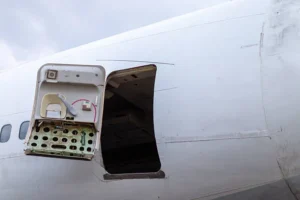A Japanese company, Icom, has distanced itself from walkie-talkies bearing its logo that exploded in Lebanon, killing at least 20 people and injuring 450. The devices, reportedly used by Hezbollah, appear to be IC-V82 transceivers, a model Icom discontinued a decade ago.
Icom clarified that it hasn’t produced or exported IC-V82s or their batteries since October 2014. “We stopped making these radios ten years ago,” the company stated. “We only sell products through authorized distributors, and our radios are manufactured in Japan.”
The Icom walkie-talkie explosions have raised concerns about counterfeit electronics. Authorities are investigating the supply chain, from manufacturers to distributors.
Online marketplaces still list IC-V82s for sale, raising questions about authenticity. It’s unclear whether the exploded devices were genuine Icom products or counterfeits.
Lebanon’s Annahar newspaper reported that the walkie-talkies were old handsets purchased by Hezbollah five months ago. Icom produces walkie-talkies and radio devices for marine, aviation, and land users.
This incident follows another bombing incident in Lebanon involving exploding pagers linked to Taiwanese firm Gold Apollo. Gold Apollo’s founder denied involvement.
Investigations into the Icom walkie-talkie explosions are ongoing. The company has pledged cooperation with authorities.
Recently, the BBC found that BAC Consulting, linked to the pagers, has a single shareholder registered to a building in Budapest. Icom has emphasized its commitment to quality and safety.








